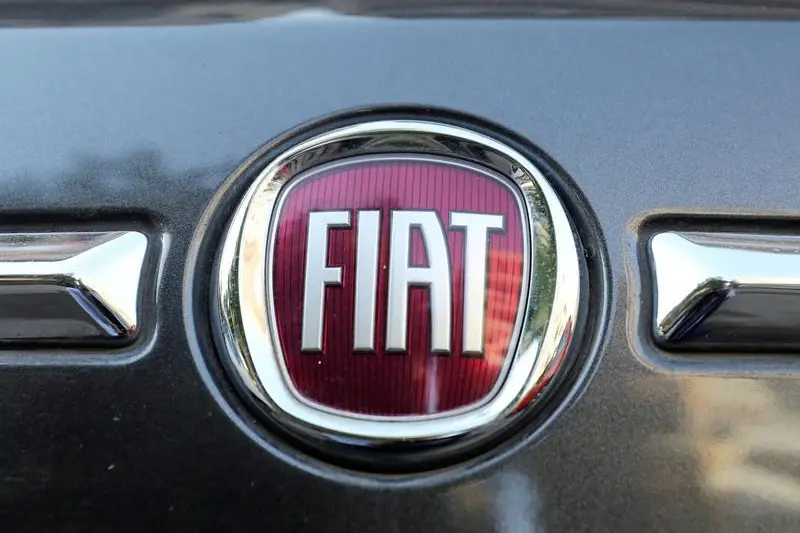PHOTO
LONDON - The 33 billion euro merger between Fiat Chrysler Automobiles and Renault has hit the skids little more than a week after its inception. Despite public support from key stakeholders, the companies now risk losing out on synergies worth 5 billion euros a year, while the French state has sabotaged its pro-business credibility.
The Italian-American carmaker withdrew its 50-50 merger proposal late on Wednesday night after Renault’s board failed to reach a conclusion on the deal on its second day of trying. France’s government, a 15% shareholder in Renault with a long history of meddling in its affairs, sought to delay a vote. Finance Minister Bruno Le Maire had favoured the tie-up, but wanted guarantees over jobs, future headquarters and governance. Fiat’s statement said that “political conditions in France” made a combination unviable.
It is possible the deal might be salvaged somehow. If not, there will be four big losers. Renault and Fiat can no longer share cost savings with a net present value of 19 billion euros, according to Breakingviews calculations using a 25% tax rate and conservative five times multiple. That’s more than half their combined market worth before the Fiat proposal surfaced. The group controlled by Agnelli family scion John Elkann stands to lose one of the few partners that could have made it a viable player in electric vehicles.
Renault and Nissan Motor, meanwhile, remain stuck in a frayed alliance that’s suffered since the ousting last year of mutual former chairman Carlos Ghosn. Nissan Chief Executive Hiroto Saikawa rebuffed tighter integration proposed by Renault Chairman Jean-Dominique Senard. A merger of their own would boost their sagging valuations, but as with the Fiat transaction, perhaps, politics and egos have stalled progress.
The biggest loser of all is the French state, which may have pushed Elkann too hard for concessions on governance, jobs and Renault’s implied valuation. Government interference is not unusual in a country where the state owns stakes in companies deemed strategically important, but President Emmanuel Macron came to power on a broadly market-friendly agenda, and promised privatisations. And yet his government has retained its outsize influence at Renault, a major grievance for Nissan and now Fiat. Macron may have now consigned a national flagship carmaker to M&A limbo. That’s an embarrassing, and potentially very expensive, mistake.
On Twitter https://twitter.com/liamwardproud
CONTEXT NEWS
- Fiat Chrysler Automobiles on June 6 withdrew its offer of a 50-50 merger with rival carmaker Renault. The withdrawal came after Renault’s board failed to reach a conclusion on Fiat’s proposal despite meeting on two consecutive days.
- Fiat remains “firmly convinced of the compelling, transformational rationale of a proposal”, but said it was clear that the “political conditions in France do not currently exist for such a combination to proceed successfully”.
- Reuters reported that France’s government, a 15% shareholder, sought to delay a Renault board decision on the deal to consult further with the company’s alliance partner Nissan Motor. The Wall Street Journal reported that the Japanese group in which Renault owns a 43% stake refused to back the deal.
- Renault said its board of directors was “unable to take a decision due to the request expressed by the representatives of the French state to postpone the vote”.
- Fiat on May 27 proposed a 50-50 merger with Renault to create the world’s third-largest carmaker with combined sales of 8.7 million vehicles.
- For previous columns by the author, Reuters customers can click on
- SIGN UP FOR BREAKINGVIEWS EMAIL ALERTS http://bit.ly/BVsubscribe
(The author is a Reuters Breakingviews columnist. The opinions expressed are his own.)
(Editing by Pete Sweeney and Katrina Hamlin)
© Reuters News 2019




















